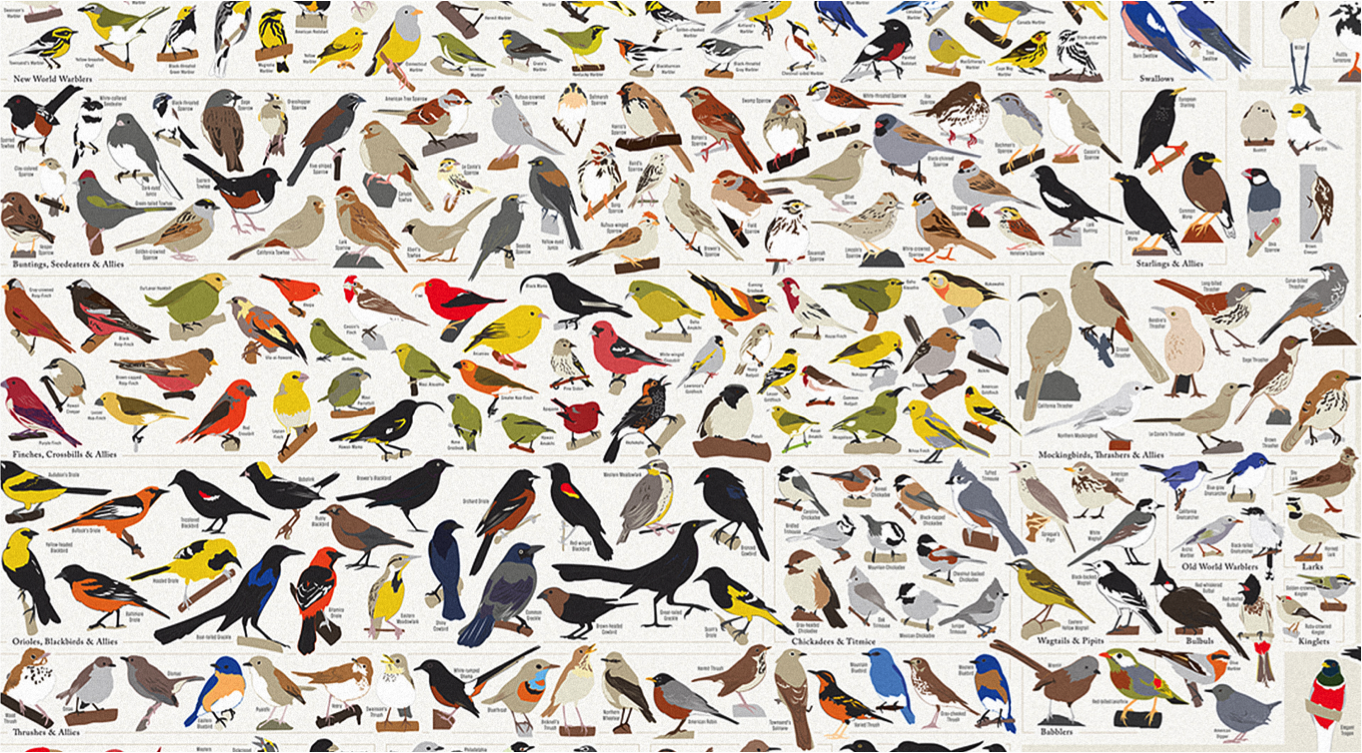Why Boredom is Interesting
|
We may not enjoy it, but boredom gives us important feedback about our lives. It tells us whether we want to and are able to focus on what we're doing. According to the Meaning and Attentional Components (MAC) model of boredom, we feel bored when we can't successfully engage our attention in meaningful activities. Boredom is thus the result of (a) an attentional component, or mismatches between cognitive demands and available mental resources and (b) a meaning component, or mismatches between activities and valued goals (or the absence of valued goals altogether).
In this sense, boredom is neither good nor bad; rather it's an important signal that we're not meaningfully engaged in our lives. Papers
|
The Psychologically Rich Life
|
What kind of life do people want? In psychology, a good life has typically been conceptualized in terms of either a happy or meaningful life. We propose that psychological richness is another, neglected aspect of what people consider a good life.
Unlike happy or meaningful lives, psychologically rich lives are best characterized by a variety of interesting and perspective-changing experiences. According to our Triad Model, happiness, meaning, and psychological richness are related but distinct and desirable aspects of a good life, with unique causes and consequences. Around 6-17% of people around the world report they would choose a psychologically rich life at the expense of a happy or meaningful life, and approximately a third say that undoing the most regretted event of their lives would have made their lives psychologically richer. People leading psychologically rich lives tend to be more curious, pursue challenging experiences, and lean more politically liberal. Our work provides a foundation for the study of psychological richness as another dimension of a good life, moving us beyond the dichotomy of hedonic versus eudaimonic well-being. How psychologically "rich" is your life? Take our test and find out! Papers
|
"Just thinking" isn't fun
|
When we ask people to entertain themselves with their thoughts in an empty room, with no distractions, many people don’t enjoy it very much. Most people report enjoying external activities much more, and 67% of men - and 25% of women - will even choose to give themselves an electric shock rather than just think. To enjoy intentionally thinking for pleasure, people may need both the ability to think and the desire to to do it.
Why don't people enjoy thinking? One reason may be that it's cognitively demanding. In an experience sampling study, we found that unintended reverie was less frequent but more positive and enjoyable than intentional reverie. Could this be because generating thoughts is hard? To find out, we conducted a series of lab studies, where we asked people to think for pleasure and reminded them of the thought topics they had chosen earlier. These reminders made it less difficult to concentrate and reduced mind-wandering. As a result, people enjoyed thinking more. Papers
|
"Mere" Categorization is Rewarding
|
Do people find the act of categorization meaningful? The prevalence of common pastimes such as birdwatching, beachcombing, and mushroom hunting suggest they do. If categorization helps make sense of the world around us, it may act as a chronic source of meaning, organizing people’s experience from the most basic levels (e.g., vision) all the way up through higher-order cognition (e.g., stereotyping and prejudice). We are experimentally testing whether people find the act of categorization to be more meaningful (and enjoyable) than comparably demanding cognitive activities.
Funding
|
Procrastination can be productive
|
When people are bored, they often choose to do something else. Voila - procrastination! But is procrastinating always bad? Many students report productive procrastination, such as doing trivial homework instead of studying for an urgent upcoming test. We've found that their grades are just as good as non-procrastinators', and they have fewer alcohol problems than students who procrastinate in traditional ways. In a current project, we are tracking students' productive (and unproductive procrastination) using daily diaries.
Papers
|
Implicit LGBT Attitudes
|
How do people feel about lesbian, gay, bisexual, and transgender people? Recent societal changes suggest public attitudes towards LGBTQ+ people may be becoming more positive. But are people's feelings really changing, or are they just more reluctant to admit bias? We study attitudes towards LGBT people using implicit measures, which are less affected by self-presentation concerns. For instance, we've found that people's attitudes towards lesbian and gay people became more positive from 2006-2013. Implicit bias dropped by 13%, and explicit bias by 26%, over this time period.
We are currently in the process of designing and adding a new transgender IAT to Project Implicit in hopes of tracking cultural attitude change over the next decade. Papers
Popular Press
|
Why Storms are Exciting
|
Hurricanes are dangerous. Yet, many people eagerly track hurricanes and other storms, throw hurricane parties, and even head down to the beach to witness landfall in person. Why do people do this? What is it about hurricanes that makes them so exciting, at least to some? We are exploring the reasons why dangerous storms can spur feelings of interest and excitement, and what the consequences of those positive feelings are.
Posters
|






